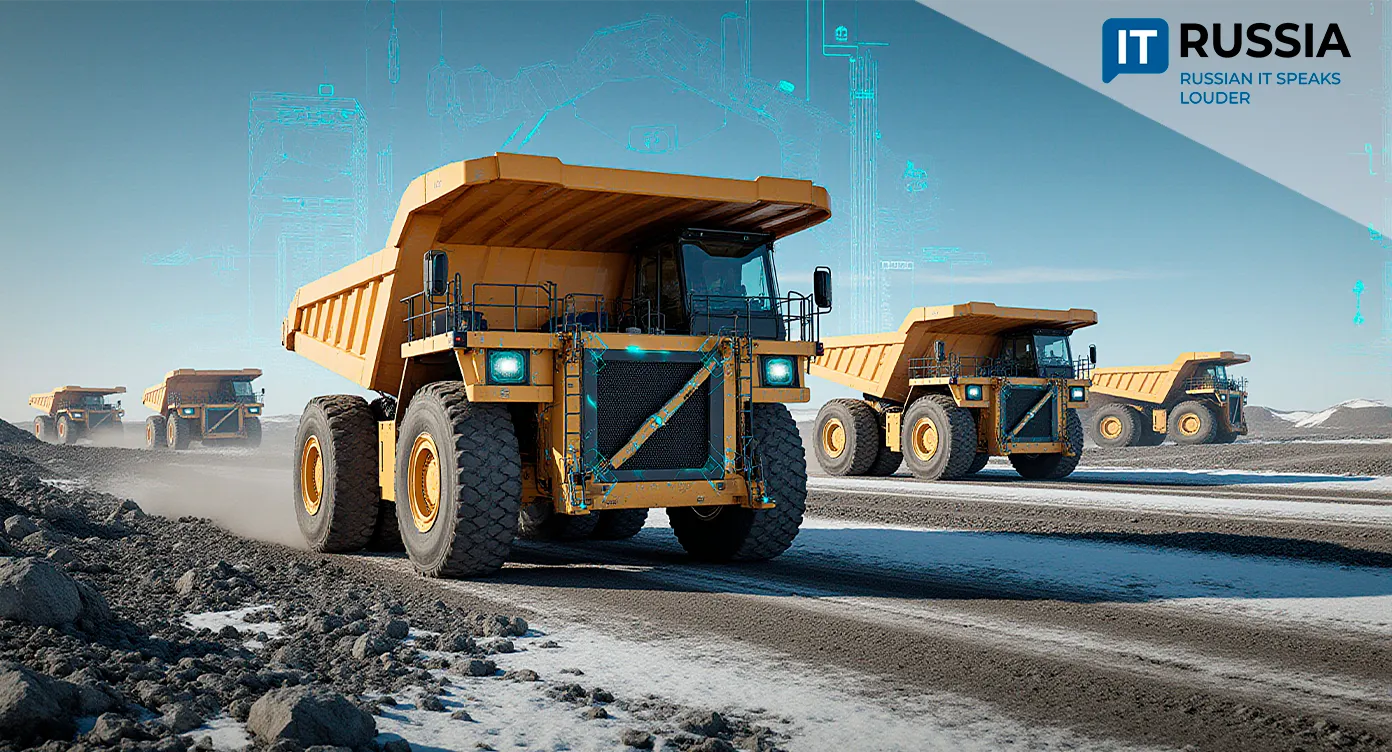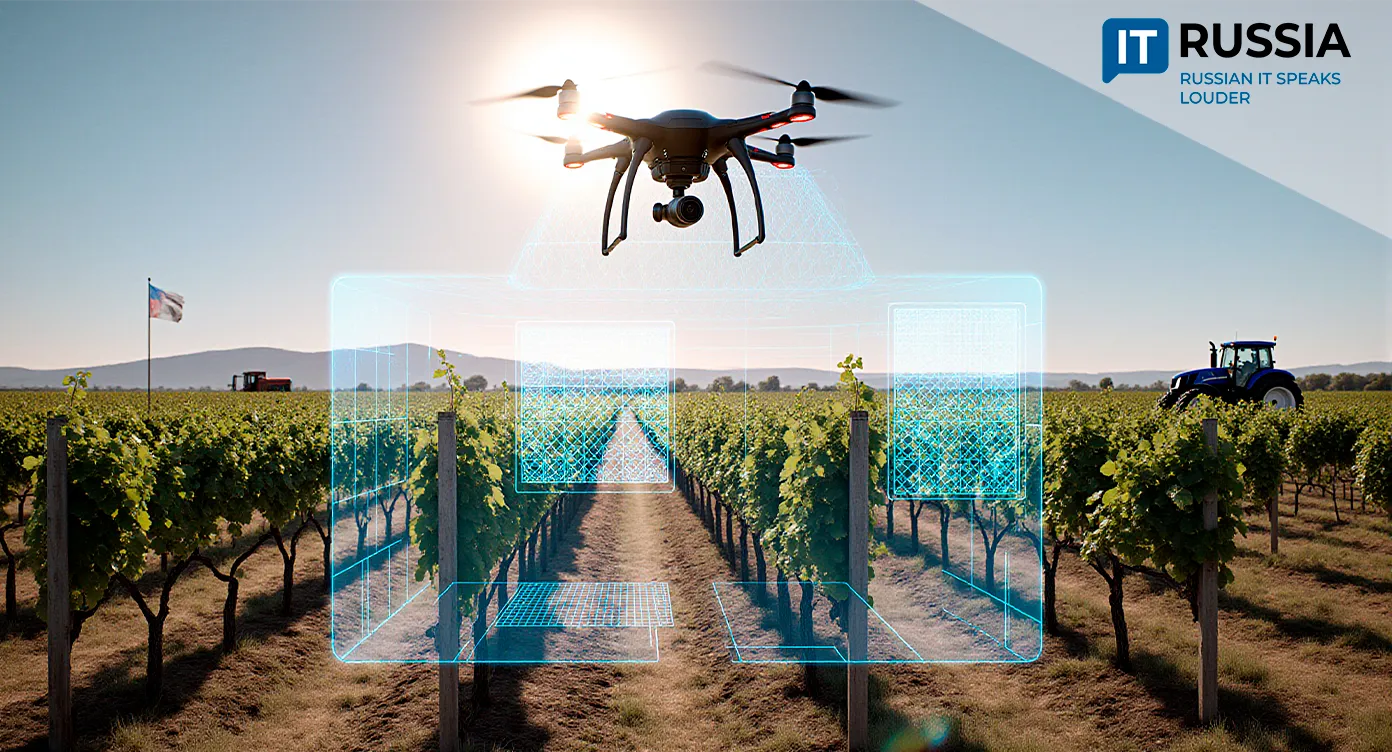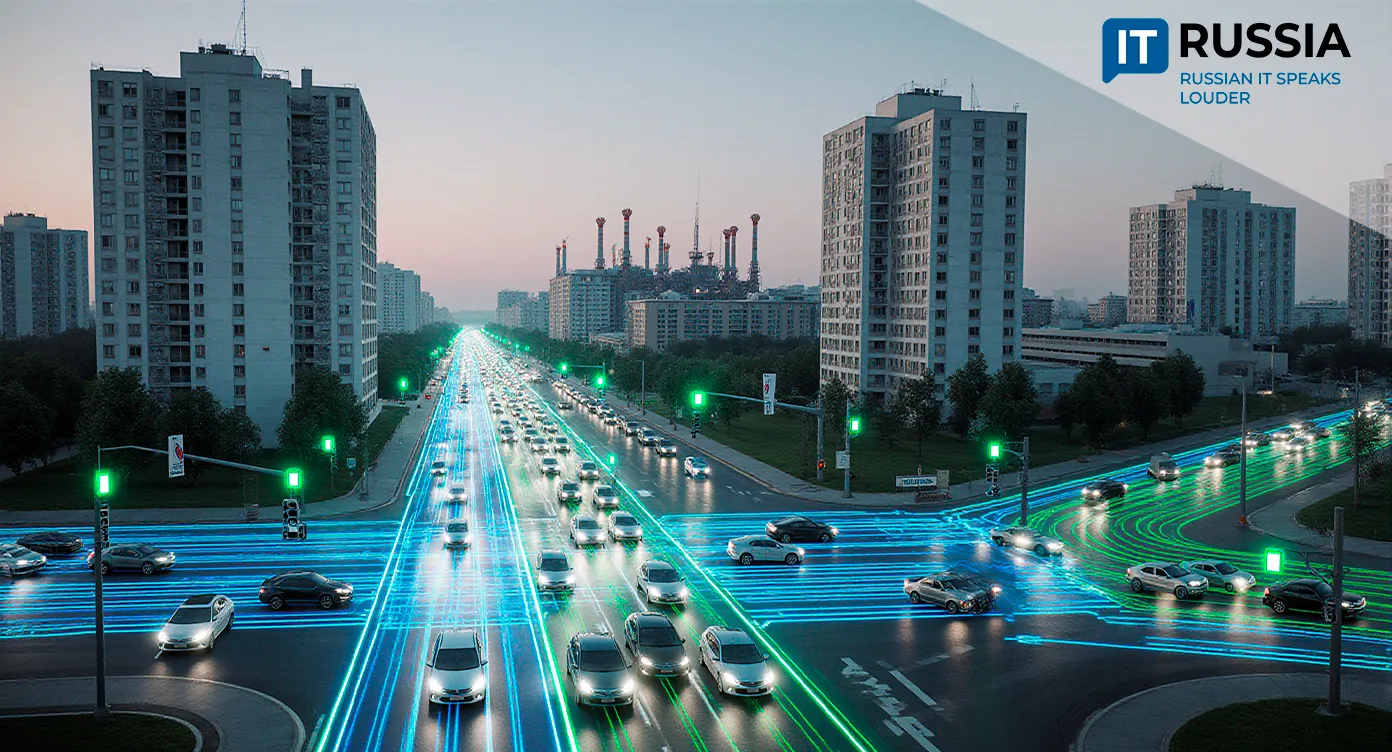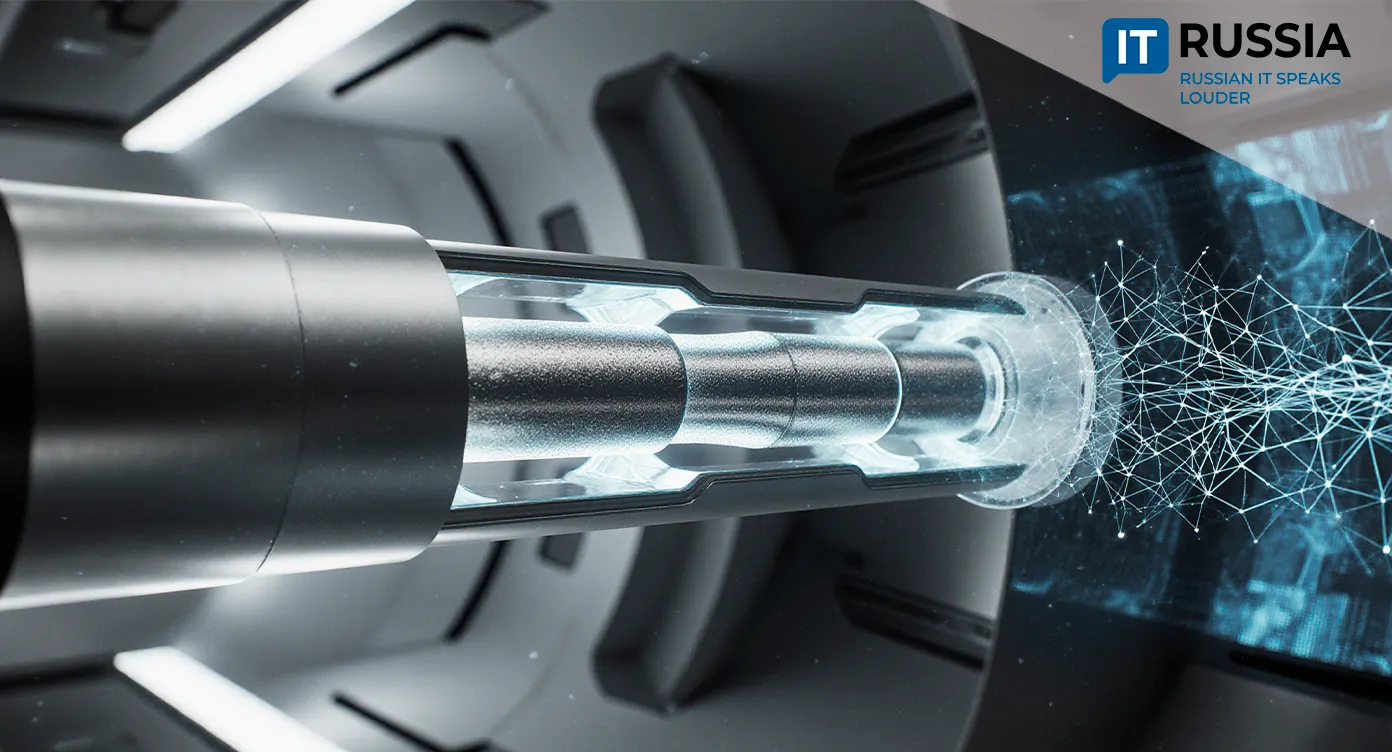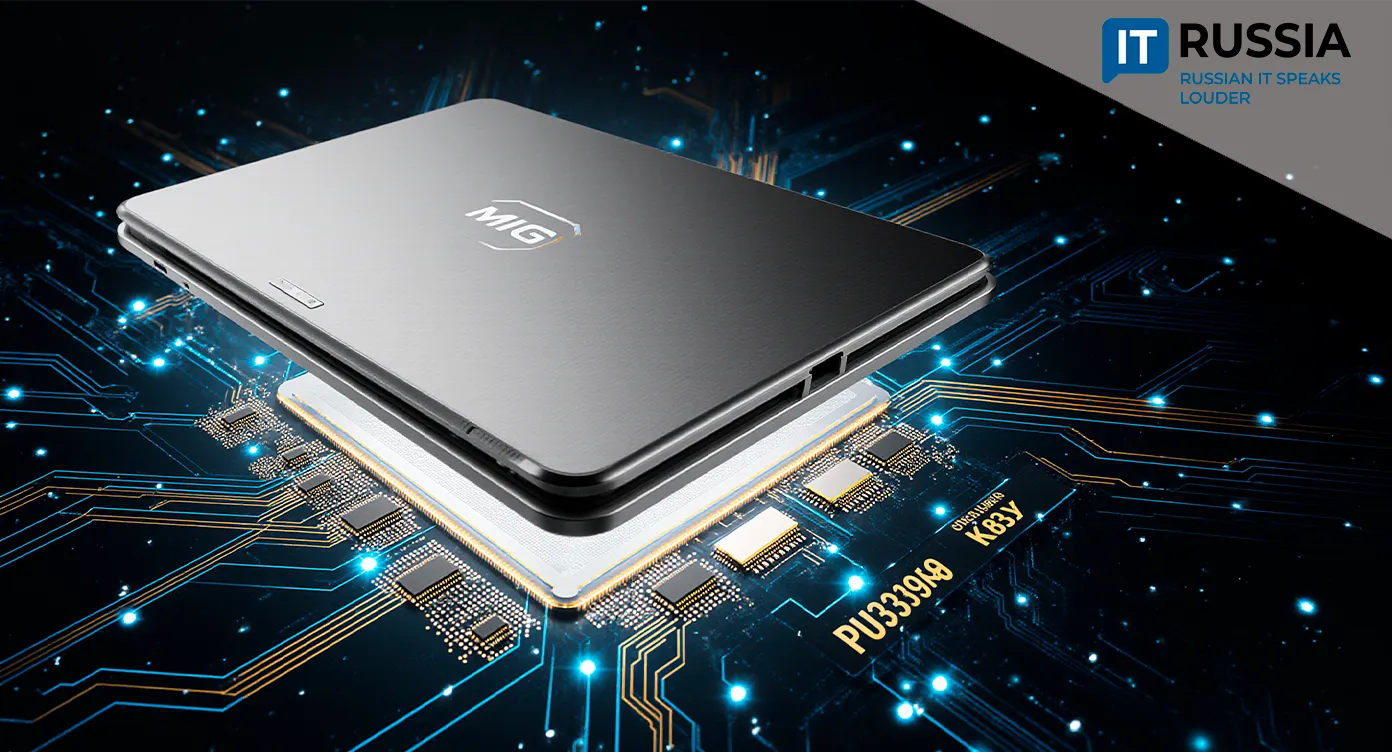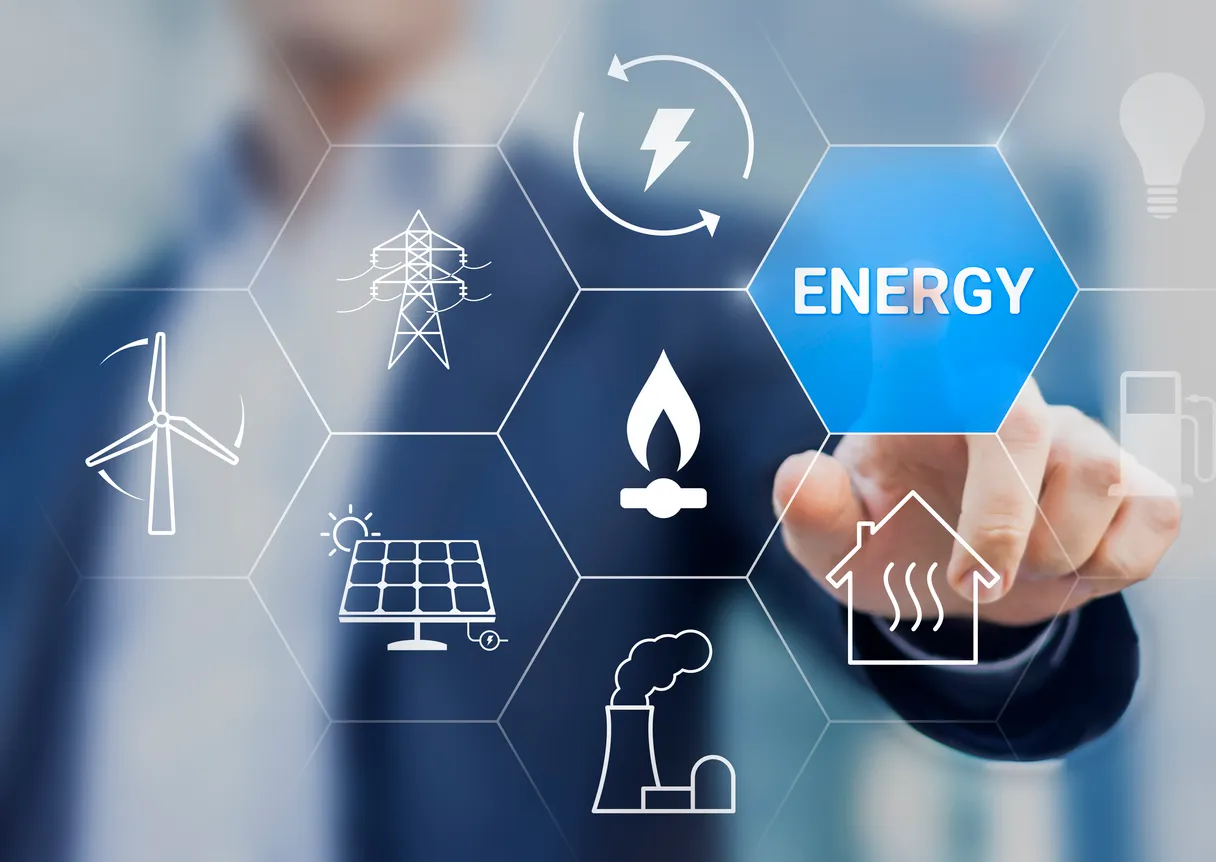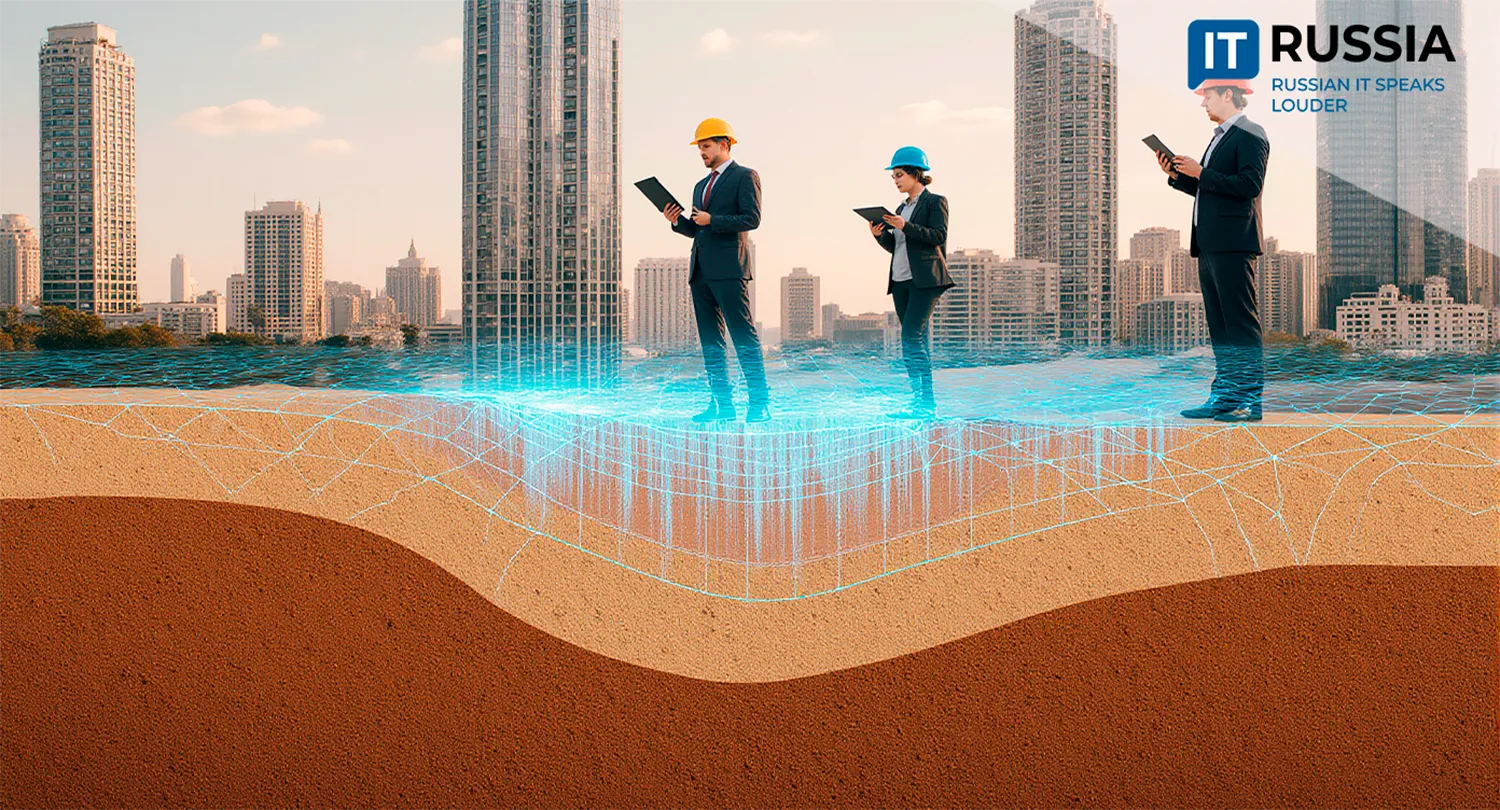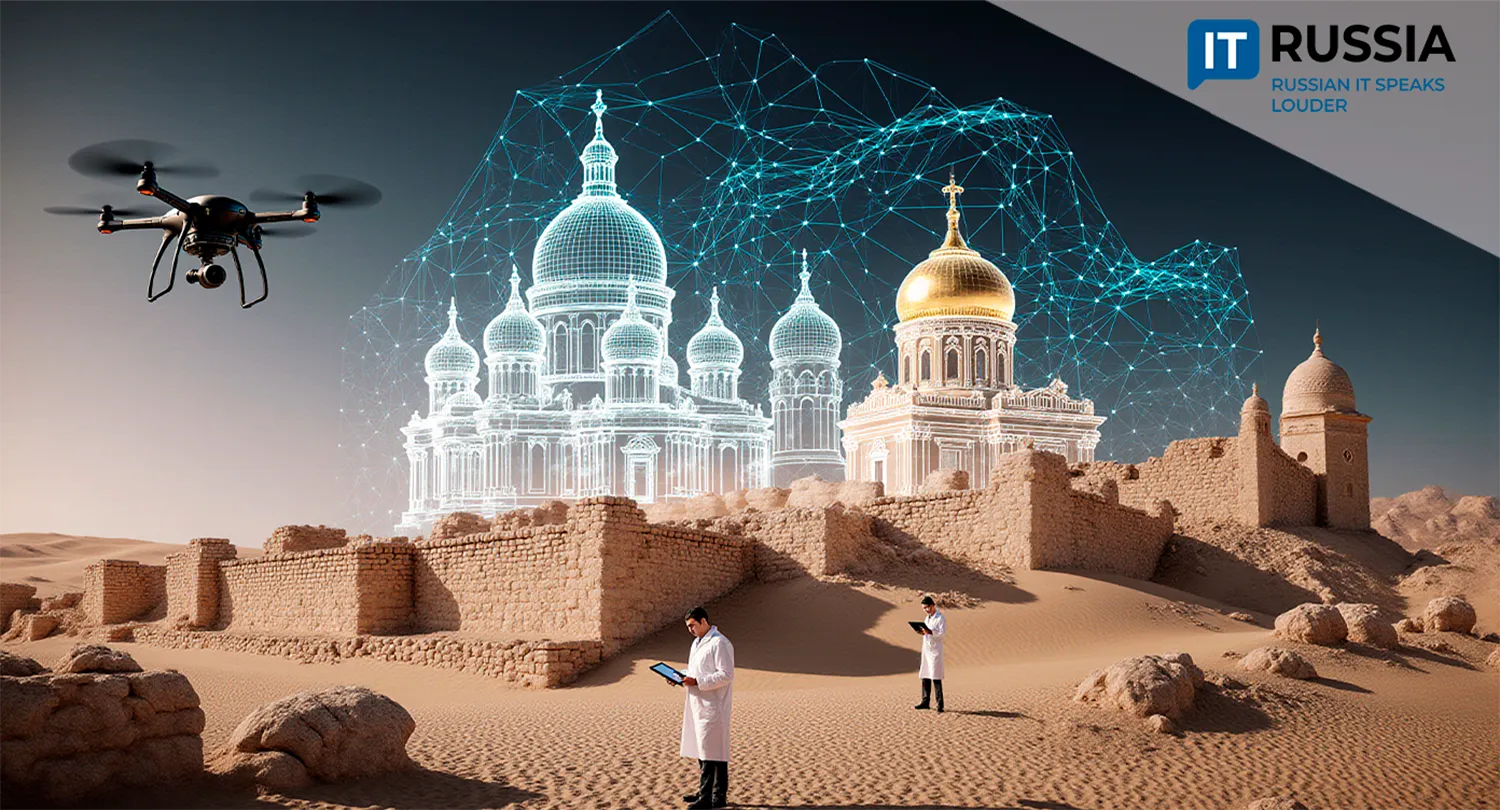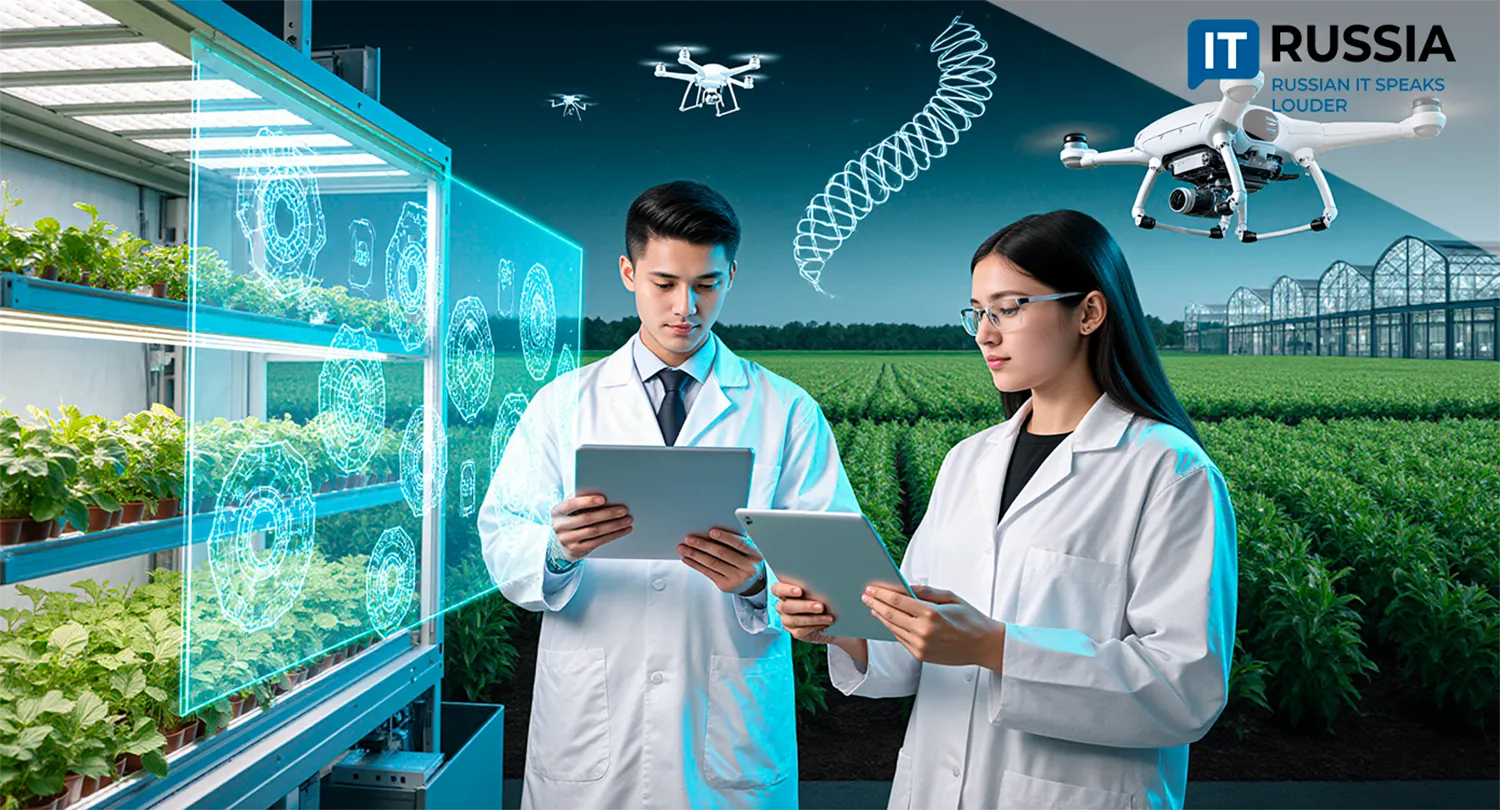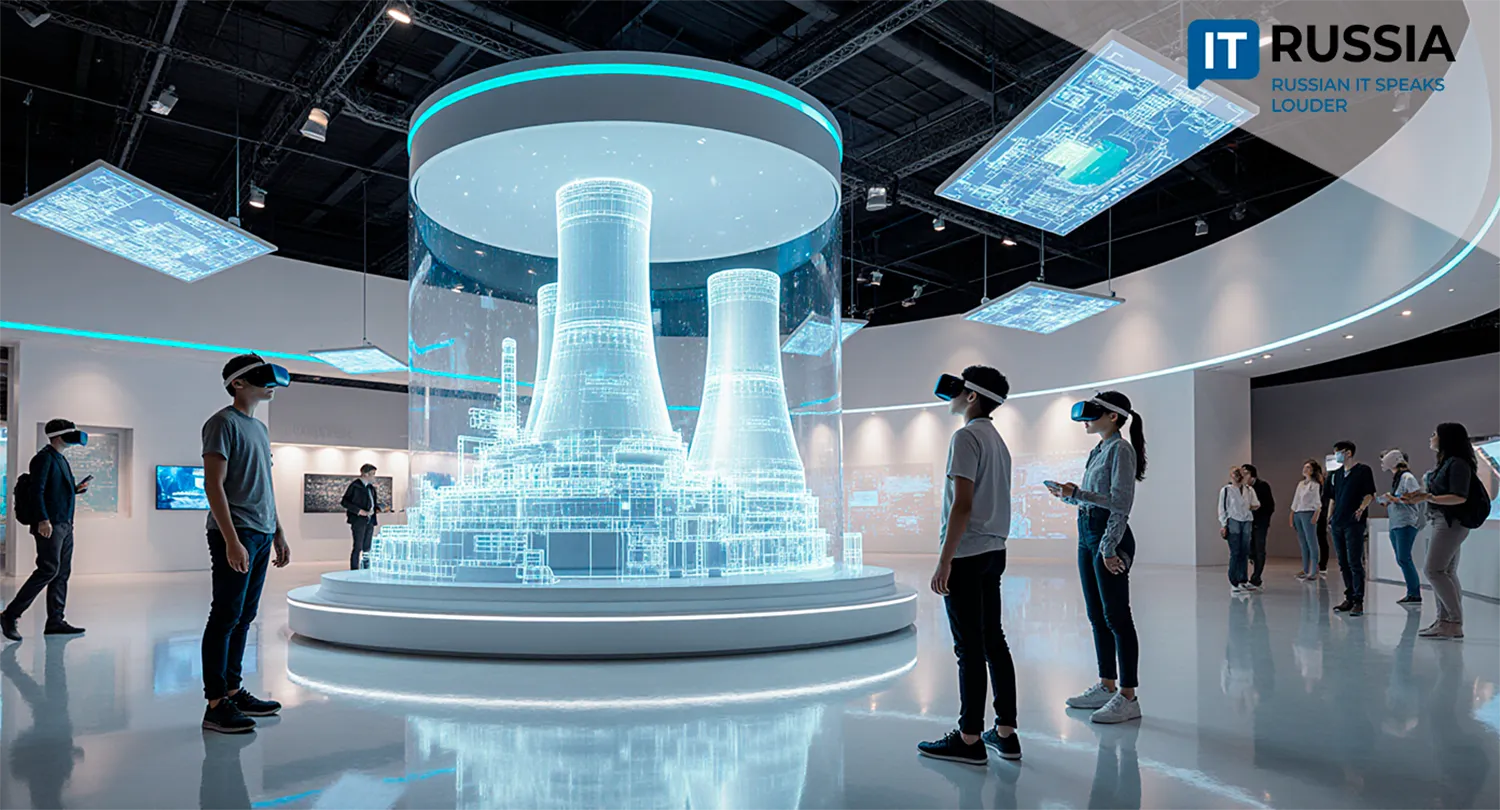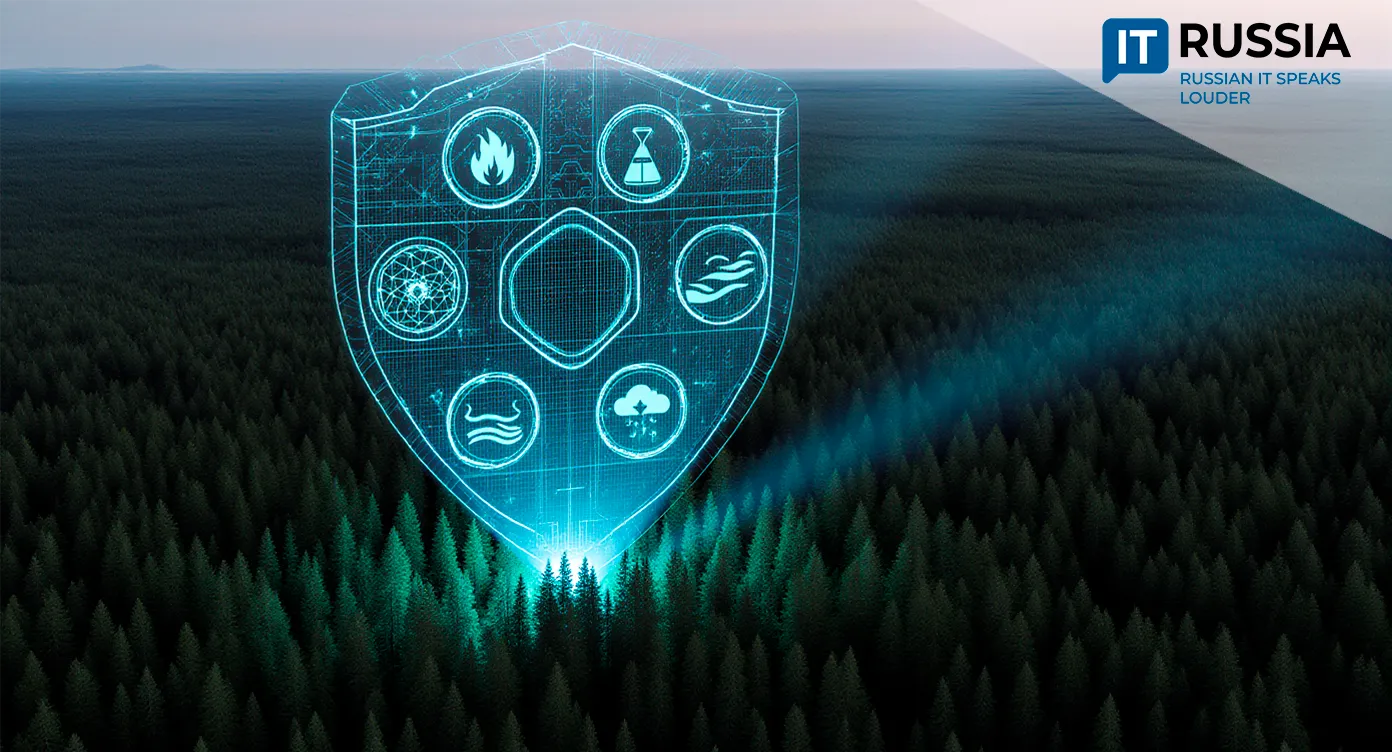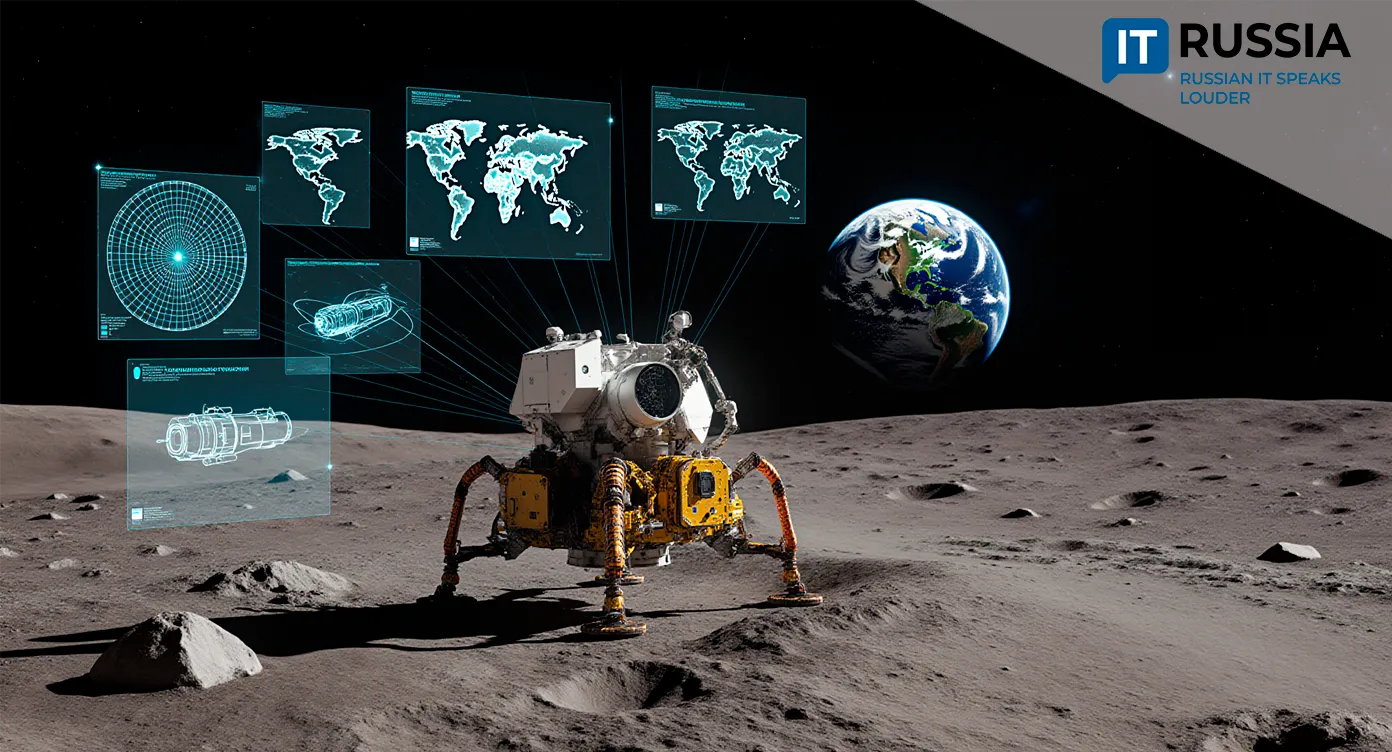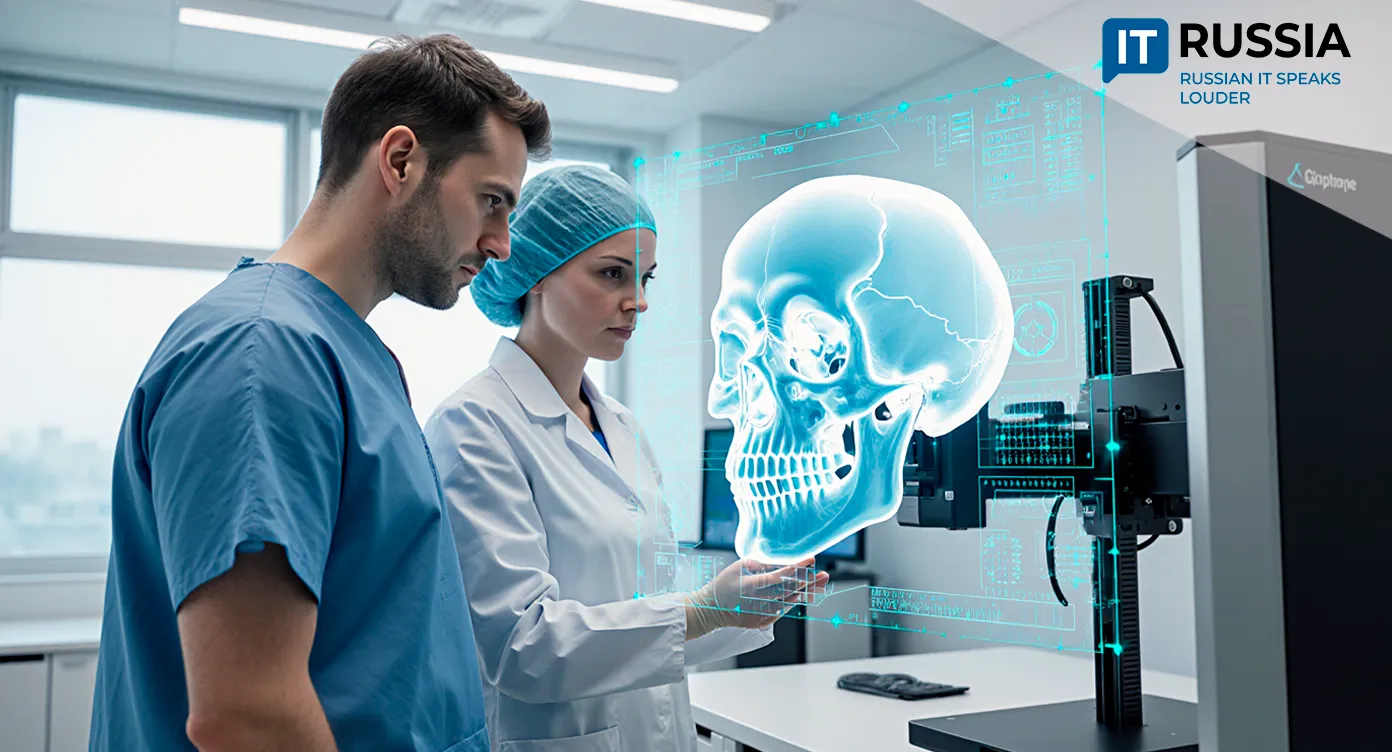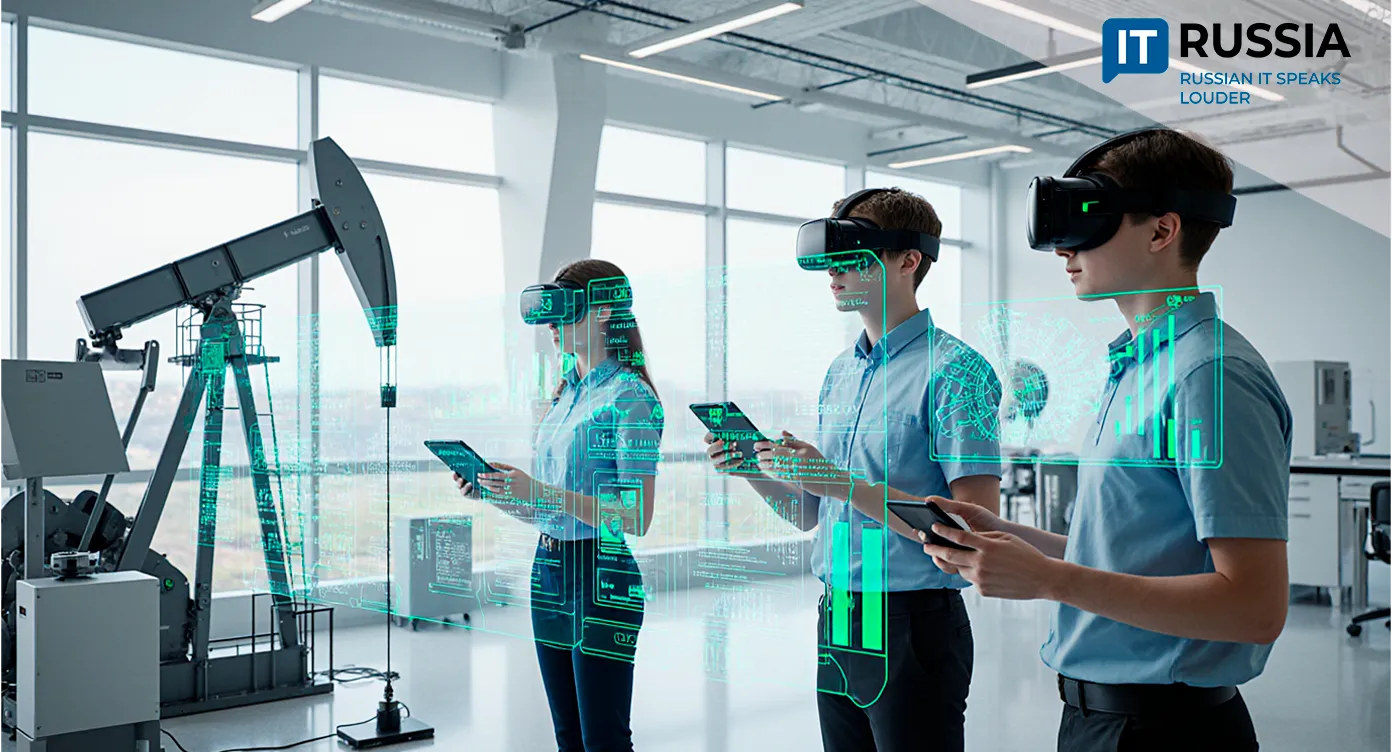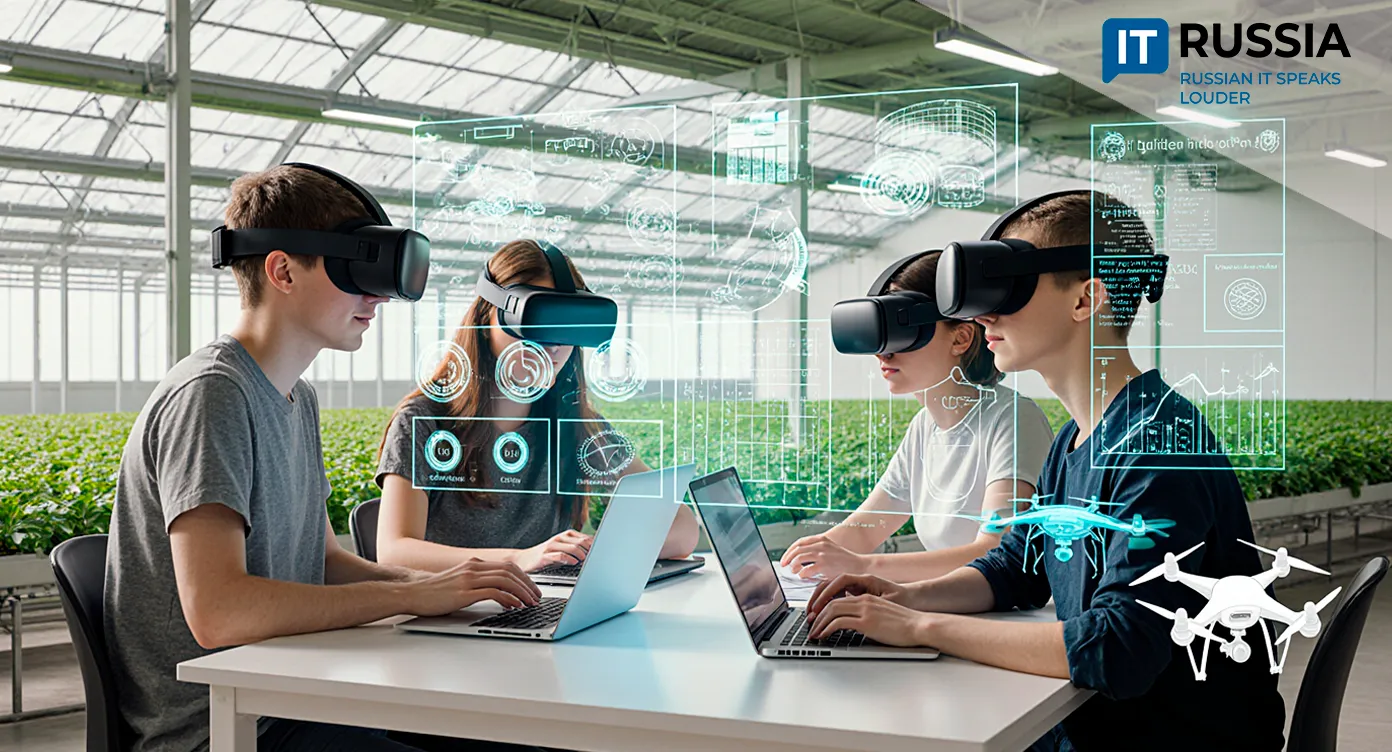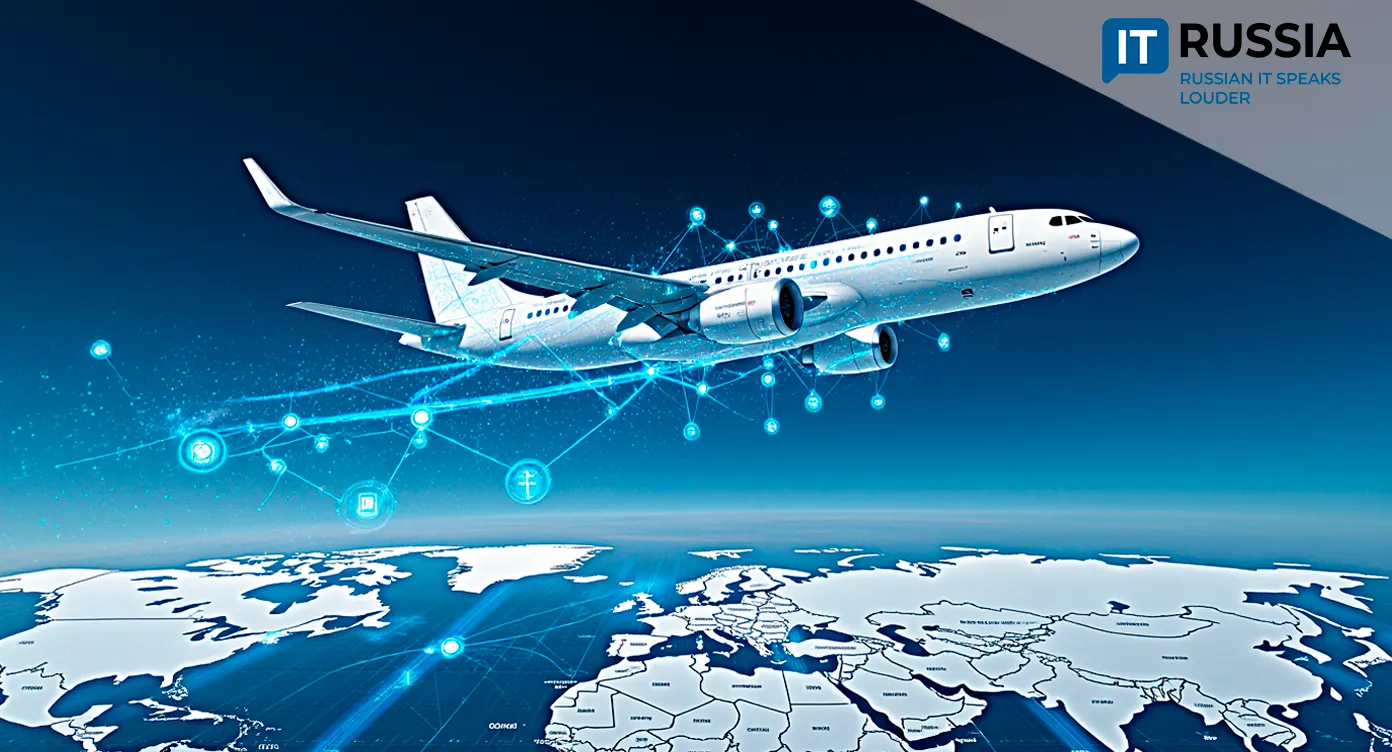Robot “Pixel”: Moscow Turns Public Utilities into a High-Tech Industry of the Future
In September 2025, at the international “Cloud Cities” forum on the future of BRICS cities, Moscow presented the upgraded Pixel cleaning robot — the flagship of Russia’s drive to automate public utilities.
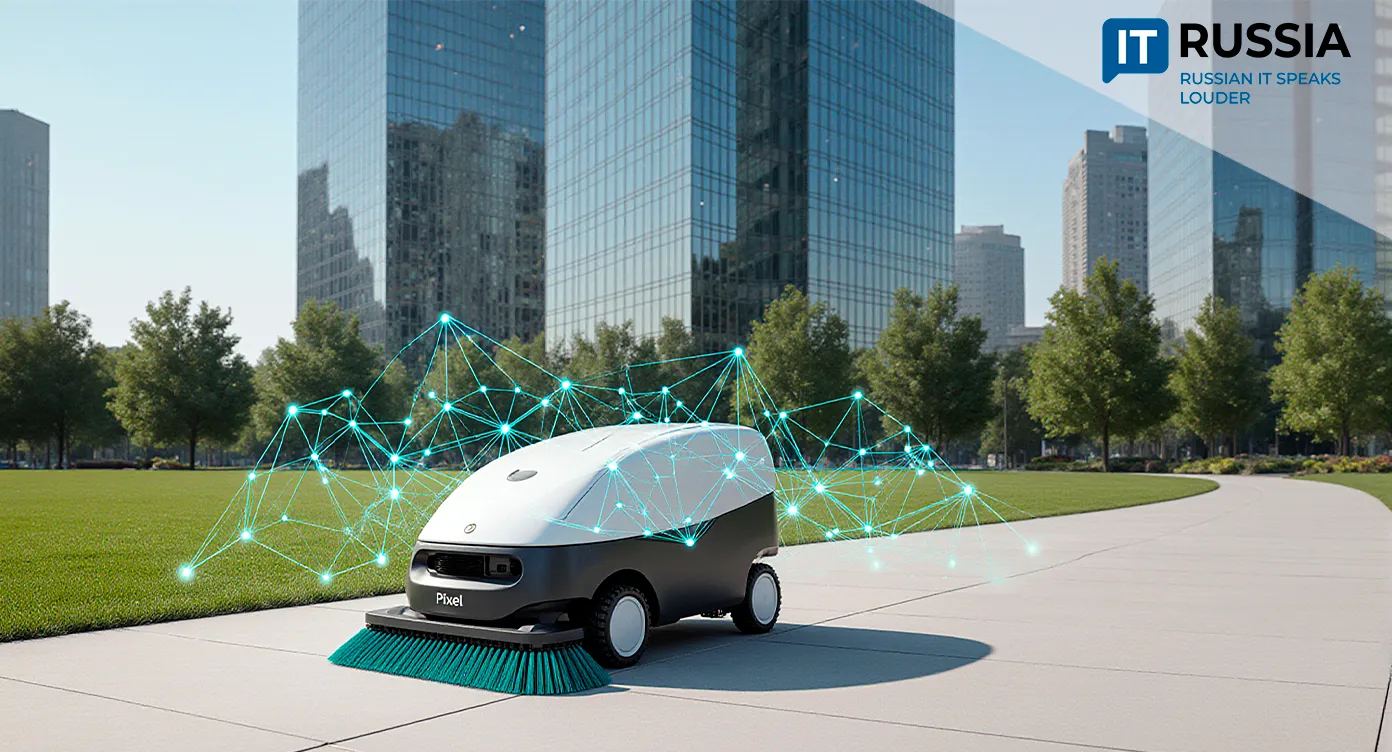
Pixel Reaches New Level
The robot’s new functions and expanded capabilities confirm that Moscow is systematically integrating autonomous systems into its urban environment, while Russian developments are beginning to compete on a global scale.
The key innovation is a vacuum module equipped with a waste container, automatic disposal, and fill-level monitoring. Additional attachments include a sand spreader for anti-icing materials and a mower module for lawn care. As Alina Sinyakina, Deputy CEO of developer Autonomika, noted, these modules will soon begin field testing — the sand spreader in winter and the vacuum system during the warmer season.
The economic effect is already significant: the robot reduces demand for manual labor by 25%, while optimized routing cuts time and material use by up to 40%. Pixel now not only sweeps and washes pathways but can also function as a vacuum cleaner, leaf blower, and equipment transporter, with future capabilities including lawn mowing, watering, and fertilizing.
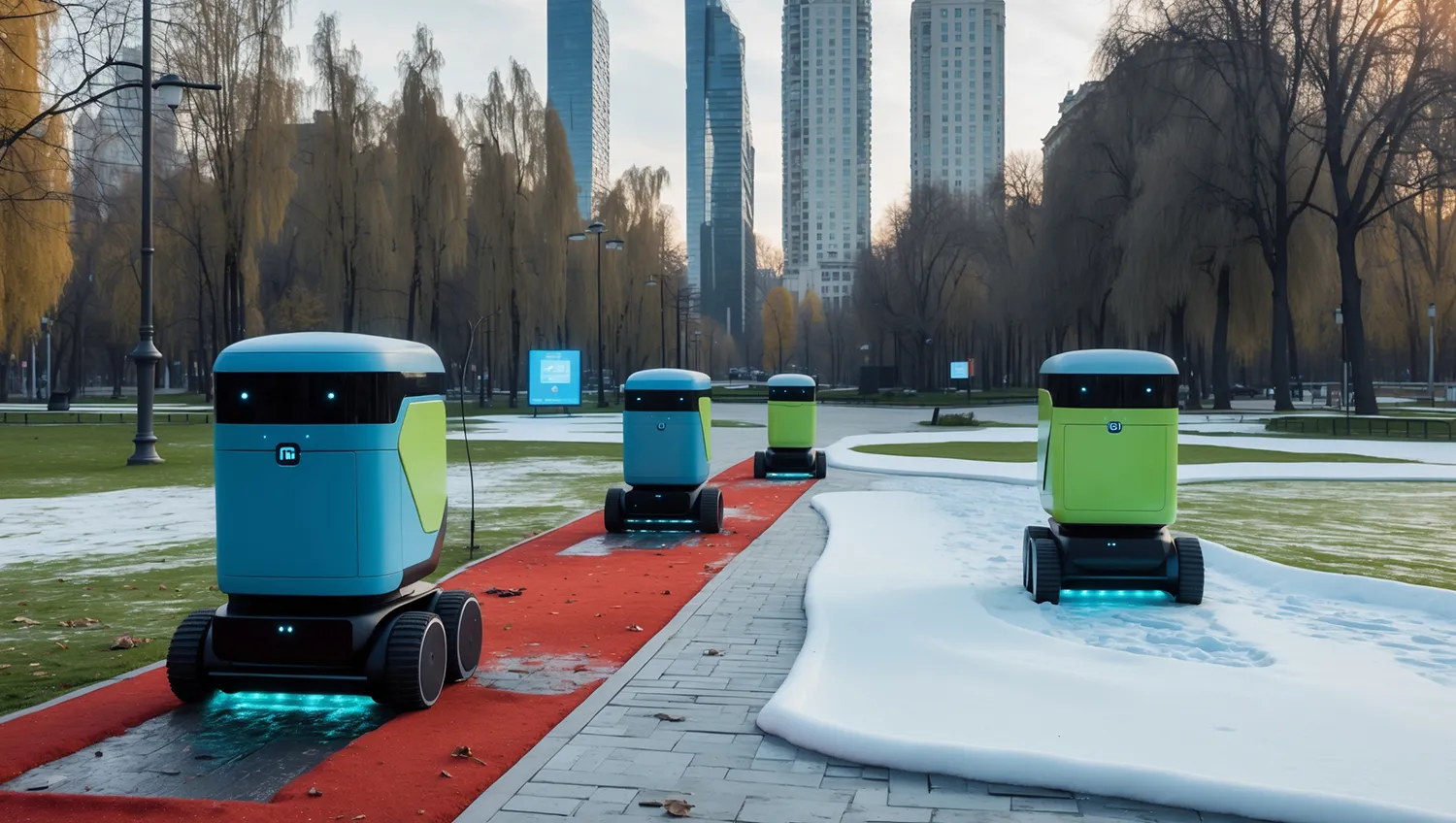
From Pilot Tests to Everyday Operations
The Pixel project was launched by Autonomika, a resident of the Lomonosov innovation cluster, several years ago. Initial trials took place in spring 2023 at Moscow’s Digital Business Space and Rudnevo Industrial Park. After successful results, in January 2024, ten serial units were deployed permanently in Kuzminki, Sokolniki, and 50 Years of October parks.
Russian engineers are also testing several other street-cleaning robots. In 2023, the Polytech Voltage Machine team from St. Petersburg Polytechnic University developed a tracked robotic platform for clearing snow, dirt, and dust, which can even be fitted with agricultural tools. In March 2025, engineers at Moscow Aviation Institute unveiled a robotic system for residential complexes and business centers — a full complex of autonomous vehicles, servers, and charging stations.
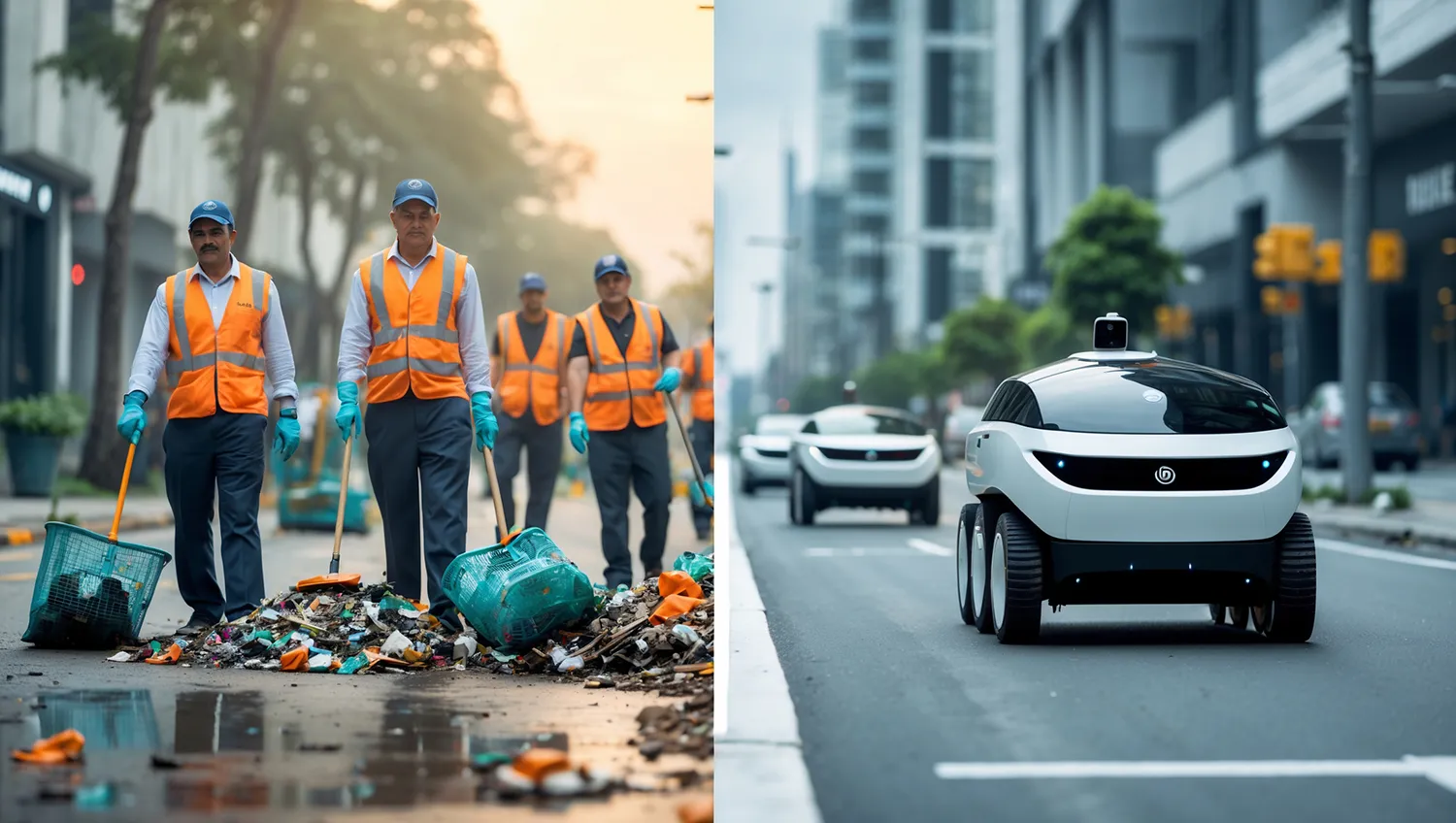
Prospects: From Moscow to BRICS Countries
Today, more than 20 Pixel robots are operating across seven Moscow sites, and by the end of 2025 their number is expected to reach 30. This will not only expand coverage but also lay the groundwork for exporting the technology. BRICS representatives have already expressed interest, highlighting the advanced technological profile of Moscow’s urban infrastructure.
Technological Sovereignty and the Smart City
Pixel has become a symbol of practical robotization in Russian public utilities. Its development illustrates how import substitution and innovation support through the Moscow Innovation Cluster deliver real results: full localization from the frame to software and power electronics.
In the next two to three years, Moscow could become a showcase of service robotics for city management, with the capital’s successful experience replicated across Russia. If progress continues, the export potential to BRICS and Asian countries looks strong, especially for cities pursuing “smart city” and smart ecology concepts.
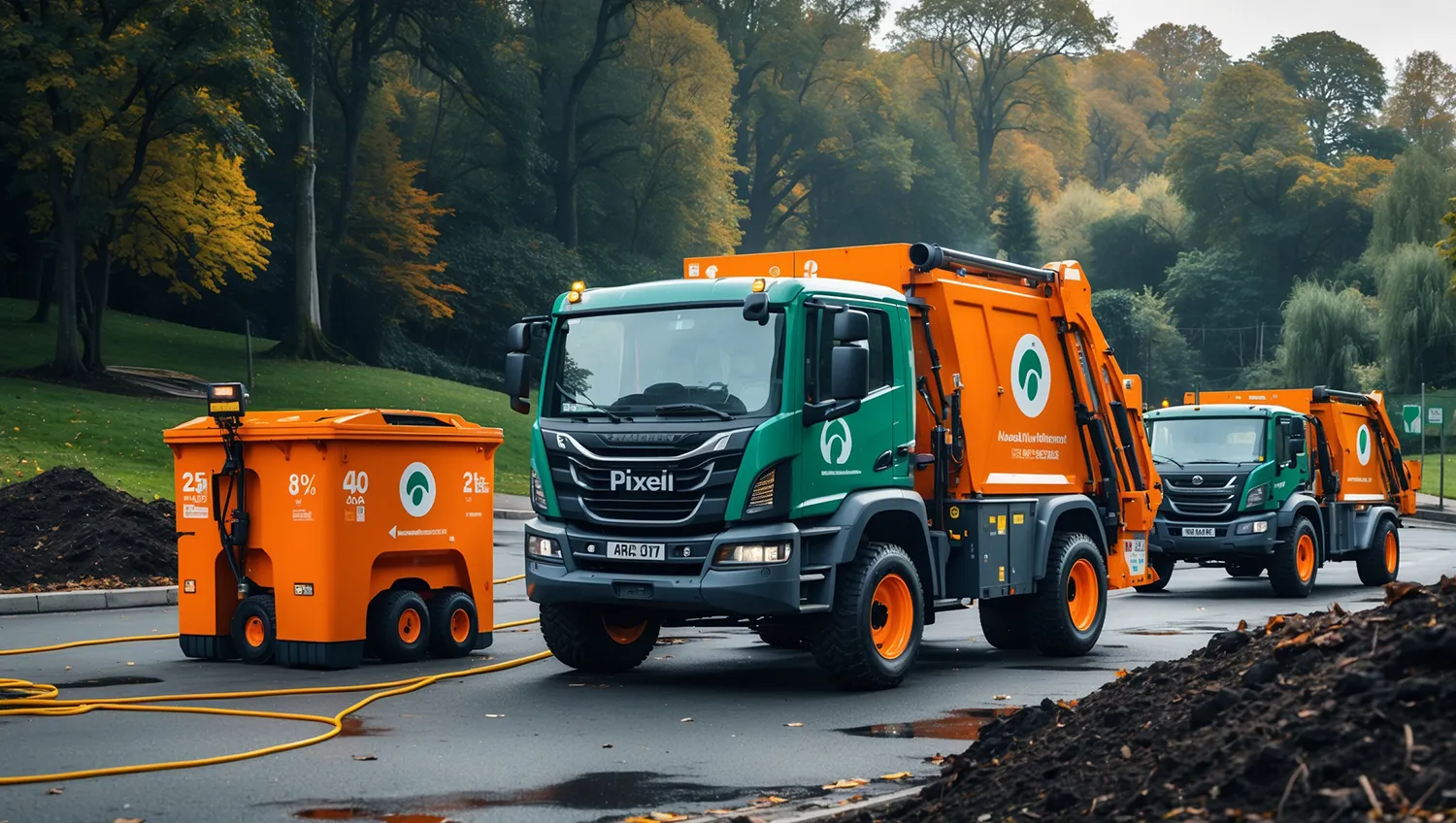
Thus, the Pixel cleaning robot is not just a tool for park maintenance but a key element of an emerging ecosystem of autonomous services, fundamentally reshaping city management and urban quality of life.





